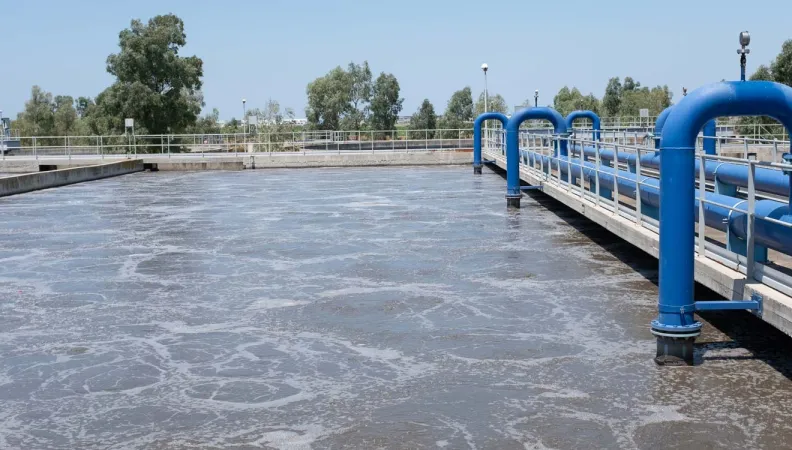Share the page
Renewal of drinking water systems in Çeşme and Dikili, in the Izmir Province
Project


-
Project start date
-
Status
Ongoing
-
Project duration
-
13 years
-
AFD financing amount
-
€ 49 800 000
-
Country and region
-
Location
-
Izmir
-
Type of financing
-
Beneficiaries
-
IZSU
Faced with increasing aridity in the Izmir region, the Municipality is committed to modernizing its drinking water infrastructure in order to meet growing demand while drastically reducing water losses in its network. AFD supports the Municipality's water and sanitation company in this ambitious policy, to improve the living conditions of residents and save a precious resource.
Context
In Izmir, the increase in annual water consumption in the Küçükmenderes basin, which hosts the city, and the increasing number of tourists during the summer period, marked by very high temperatures, accentuate the pre-existing water stress.
Faced with this situation, IZSU, the water and sanitation company, satellite of the Metropolitan Municipality of Izmir, has embarked on a vast process of modernizing its networks and improving the quality of its drinking water service for its inhabitants.
In this context, the reduction of non-revenue water (NRW) is a historically important issue. Today, IZSU has an NRW rate close to 29% in its city center. Ddistricts that entered the İzmir Metropolitan Municipality since the 2013 reform have a particularly high loss rate. This is particularly the case in the districts of Çeşme and Dikili (project sites), where this rate was respectively 50% and 45% in 2018.
Description
The project aims to support investments related to sustainable development in the water and sanitation sector in Turkey. It will replace all old networks (over 40 years old) prone to breakage, difficult to maintain (such as asbestos cement) grids, and especially grids that have a particularly high rate of water loss.
Impacts
By reducing water loss, the project will contribute to the protection of water resources, which will become increasingly scarce with climate change.
It will make it possible to reduce the volume withdrawn from the resource, recuperate lost volume, achieve energy savings linked to the withdrawal and treatment, and to limit the risks of soil destabilization linked to the persistence of leaks in certain sensitive areas.


